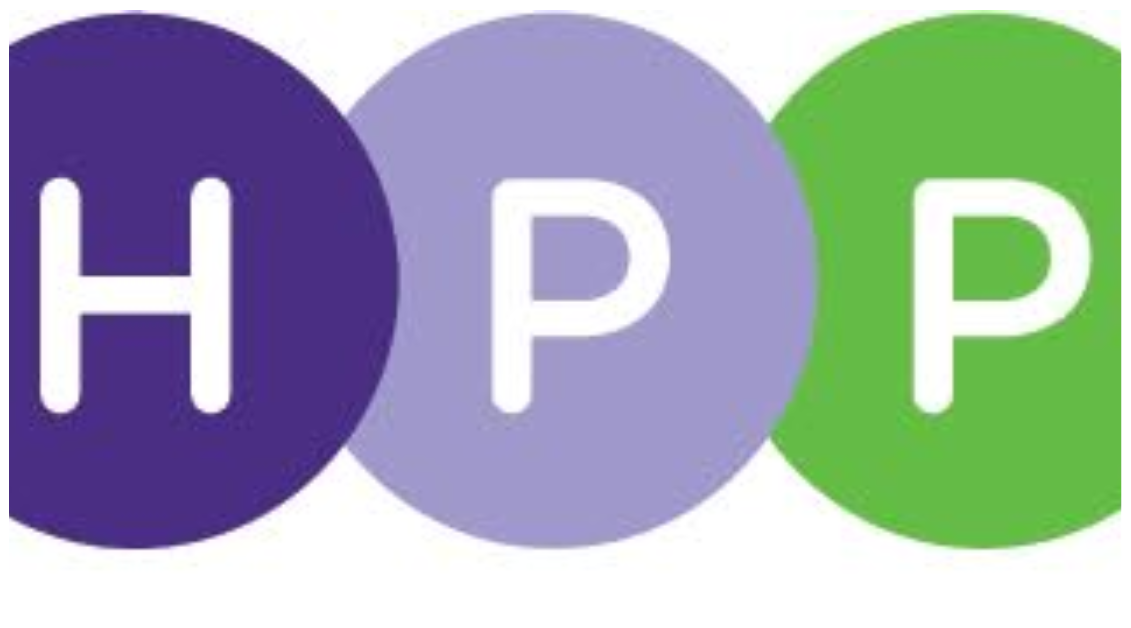
More Narcan trainings come to Philly via Health Partners Plans-DBHIDS partnership
By training more everyday Philadelphians how to administer Narcan, the hope is more lives can be saved.
On Monday, July 12, Health Partners Plans (HPP) announced their partnership with the City of Philadelphia Department of Behavioral Health and Intellectual disAbility Services (DBHIDS) to provide overdose prevention trainings.
Health Partners Plan is a nonprofit health maintenance organization that serves more than 280,000 members from multiple Pennsylvania counties including Bucks, Montgomery, Lancaster, Philadelphia and Schuylkill.
DBHIDS offers behavioral healthcare, intellectual disability support and early intervention services in Philadelphia so residents can take charge of their health and well-being.
From @MetroPhilly: Meet the city's Boost Your Mood Campaign. Presented by @DBHIDS, it offers mental health resources — from anonymous screening to specialized care referrals — in English, Spanish, and traditional Chinese.https://t.co/pU6c5LuyN8
— Broke in Philly (@BrokeinPhilly) July 9, 2021
Substance use disorder, specifically related to use of opioids such as heroin and oxycodone, is a prolonged epidemic in the United States.
In 2018, two out of three deaths by overdose involved an opioid.
The following year, about 10.1 million Americans aged 12 or older misused opioids, and more than 760,000 people have died from a drug overdose since 1999, according to the U.S. Department of Health and Human Services.
In 2018 in Philadelphia, more than 1,000 people died from an overdose, and about 84% of them involved the use of opioids.
Thank you to @WHYYNews for allowing me time to speak on the citywide Opioid Crisis in Philadelphia, and its impact on the working poor community in Kensington. Click the link in my bio to hear the full interview! pic.twitter.com/BV00hay0zR
— Maria Quinones-Sanchez (@MariaQSanchez) July 21, 2021
This is an issue that impacts health on an individual and community level, so HPP and DBHIDS have joined together to tackle the crisis from a harm reduction perspective through monthly Narcan trainings.
Naloxone, otherwise known as Narcan, is a life-saving medication. When administered, it works rapidly to reverse an opioid overdose.
It serves as an “opioid antagonist,” attaching to opioid receptors in the brain and reversing the effects. Narcan can quickly restore a person's natural breathing function if it has slowed or stopped.
Often one of the biggest battles in tackling this health crisis is confronting the stigma attached to substance use disorder.
According to Sarah Grzyb, the Director of Communications at HPP, education is the first step to reduce the stigma and save lives.
“Increased access to Narcan and proper training on how to administer it are key tools in helping fight back against the opioid crisis,” Grzyb told AL DÍA.
RELATED CONTENT
Opioid overdoses can happen anywhere and at any time, but they are preventable. Even in the absence of emergency medical services (EMS), everyday Philadelphia citizens can administer Narcan in public spaces and save lives.
“Knowing how to administer Narcan can truly be the difference between life and death, especially when waiting for EMS to arrive,” Gryzb said.
The intentions of the partnership are to help improve health outcomes and enhance the educational awareness of the community. With more access to training opportunities, more community members will be able to quickly and confidently respond to opioid overdoses.
“During the trainings, participants will learn how to recognize harm-reduction approaches to high-risk behaviors, protocols for administering Narcan and the importance of The Good Samaritan Act and its impact on providing assistance to those in need,” Gryzb explained.
Anyone who suspects or witnesses an overdose should call 9-1-1. The Good Samaritan Drug Overdose Act provides some legal protection against simple drug possession charges for anyone who experiences, witnesses or responds to an overdose and calls 9-1-1. https://t.co/9yzdFxP87K
— UCDSB Wellness (@ucdsbwellness) July 27, 2021
HPP & DBHIDS believe in the harm reduction approach because there are many people with substance use disorder that are either not willing or not able to abstain from using drugs.
Harm reduction education, said Gryzb, is providing valuable and life-saving information to substance users and those who may be able to treat them.
“By offering community members practical strategies to respond to opioid overdoses, we are reducing harm, minimizing the negative consequences of drug use and ultimately, saving lives in certain situations,” she said.
The City has already trained several HPP employees through their “train-the-trainer” program. As for its next steps, HPP will offer this training to all employees beginning in September, which is National Recovery Month.
In October, HPP will partner with community organizations to launch the training for members and local residents during National Substance Abuse Prevention Month.











LEAVE A COMMENT: